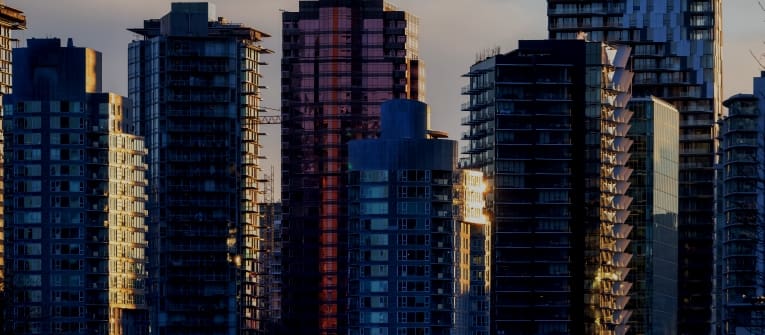The urban real estate market is undergoing significant changes, driven by evolving societal needs and technological advancements. As cities grow and adapt, the preferences of homebuyers and renters are shifting, influencing how real estate agents approach their strategies. Understanding these key trends is crucial for staying competitive and meeting client demands. This post explores the future of urban real estate and the pivotal trends shaping city living. Real estate agents will find insights to help them navigate this dynamic landscape and better serve their clients.
Smart Cities and Technological Integration
One of the most prominent trends in urban real estate is the rise of smart cities. These cities leverage technology to enhance the quality of life for their residents, integrating IoT (Internet of Things) devices, smart infrastructure, and data analytics. Real estate agents need to be familiar with these innovations, as they can significantly impact property values and attractiveness. For example, homes equipped with smart home technology or located in areas with advanced public transportation systems are increasingly desirable. Staying informed about these advancements allows agents to highlight these features to prospective buyers.
Sustainable and Eco-Friendly Living

Sustainability is no longer a niche preference but a mainstream expectation among urban dwellers. Eco-friendly buildings, energy-efficient appliances, and sustainable urban planning are key elements driving the future of city living. Real estate agents should emphasize properties that incorporate green building practices and highlight the long-term cost savings and environmental benefits to clients. Additionally, understanding local government initiatives and incentives for sustainable living can provide an edge in marketing eco-friendly properties. This trend not only supports environmental goals but also aligns with the values of a growing segment of the market.
Co-Living and Community-Focused Developments
As urban populations continue to rise, there is a growing demand for co-living spaces and community-centric developments. These arrangements offer flexible, affordable living options that foster social interaction and a sense of community. Real estate agents should be aware of the appeal of these developments, particularly to younger generations and remote workers. Highlighting amenities such as shared workspaces, communal kitchens, and social areas can attract potential buyers or renters looking for more than just a place to live. By promoting the lifestyle benefits of co-living, agents can tap into a market segment that values connectivity and community.
The Impact of Remote Work on Urban Housing

The shift towards remote work has had a profound impact on urban real estate, changing the way people choose their living spaces. Many city dwellers now seek homes that offer dedicated office spaces, high-speed internet, and proximity to amenities that support a remote work lifestyle. Real estate agents should consider these preferences when showcasing properties, emphasizing features that cater to home office setups and work-life balance. Additionally, the flexibility of remote work allows for greater geographic mobility, so agents should be prepared to assist clients who are moving from other regions or even countries.
Adapting to Changing Demographics
Urban populations are becoming increasingly diverse, with varying needs and preferences based on age, culture, and lifestyle. Real estate agents must understand these demographic shifts to effectively market properties. For instance, millennials and Gen Z buyers often prioritize convenience, access to public transportation, and tech-savvy homes. Conversely, older adults might look for quieter neighborhoods with healthcare facilities nearby. By tailoring their marketing strategies to these diverse groups, agents can better connect with potential clients and provide more personalized service.
The future of urban real estate is shaped by a combination of technological advancements, sustainability efforts, changing demographics, and new lifestyle trends. For real estate agents, staying ahead of these trends is essential to meet the evolving needs of their clients and thrive in a competitive market. By embracing smart city innovations, promoting eco-friendly properties, and understanding the impact of remote work, agents can better serve their clients and secure their position as industry leaders. The urban real estate landscape will continue to evolve, and those who adapt will find success in the dynamic world of city living.
#UrbanRealEstate #SmartCities #SustainableLiving #CoLiving #RemoteWork #RealEstateTrends #CityLiving #TechInRealEstate #EcoFriendlyHomes #RealEstateAgents
